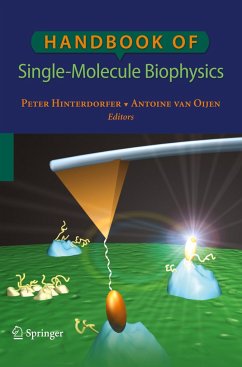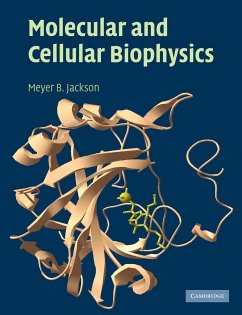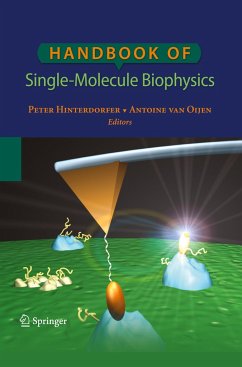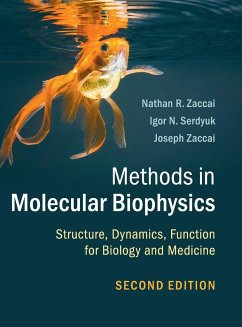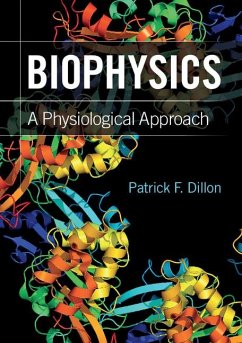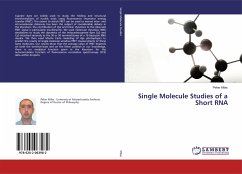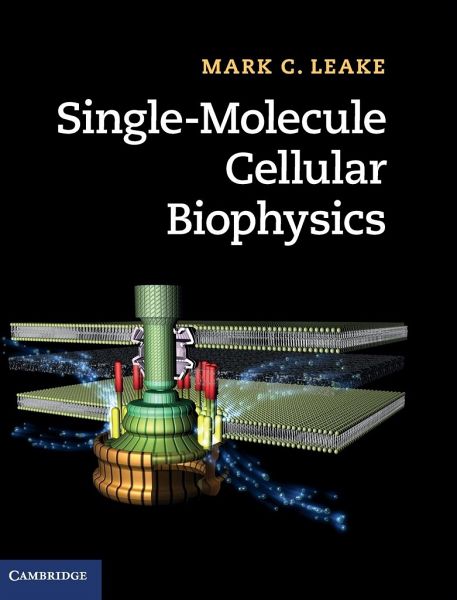
Single-Molecule Cellular Biophysics
Versandkostenfrei!
Versandfertig in 1-2 Wochen
75,99 €
inkl. MwSt.
Weitere Ausgaben:

PAYBACK Punkte
38 °P sammeln!
Recent advances in single molecule science have presented a new branch of science: single molecule cellular biophysics, combining classical cell biology with cutting-edge single molecule biophysics. This textbook explains the essential elements of this new discipline, from the state-of-the-art single molecule techniques to real-world applications in unravelling the inner workings of the cell. Every effort has been made to ensure the text can be easily understood by students from both the physical and life sciences. Mathematical derivations are kept to a minimum whilst unnecessary biological te...
Recent advances in single molecule science have presented a new branch of science: single molecule cellular biophysics, combining classical cell biology with cutting-edge single molecule biophysics. This textbook explains the essential elements of this new discipline, from the state-of-the-art single molecule techniques to real-world applications in unravelling the inner workings of the cell. Every effort has been made to ensure the text can be easily understood by students from both the physical and life sciences. Mathematical derivations are kept to a minimum whilst unnecessary biological terminology is avoided and text boxes provide readers from either background with additional information. 100 end-of-chapter exercises are divided into those aimed at physical sciences students, those aimed at life science students and those that can be tackled by students from both disciplines. The use of case studies and real research examples make this textbook indispensable for undergraduate students entering this exciting field.





